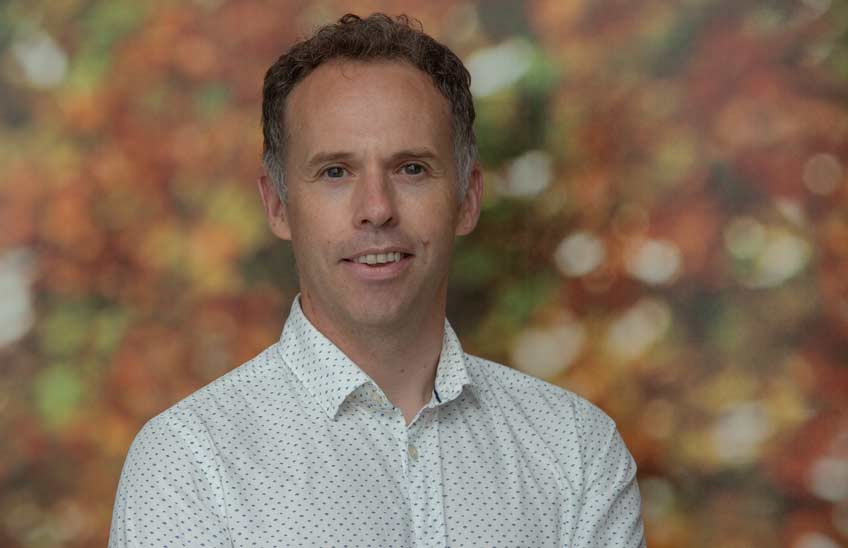The ICS participates in a project that analyzes altruism as a way to make up for the deficiencies of economic systems in Europe.
The University collaborates with 13 centers in seven countries to develop the project SUSTAINWELL funded by the European Commission.

FotoManuel Castells<br>/Javier Bernácer
04 | 05 | 2023
The group 'Mente-cerebro' (Mind-Brain) of the Institute for Culture and Society (ICS) of the University of Navarra collaborates in the project SUSTAINWELL, framed in the Horizon Europe program of the European Commission. This project, led by the University of Barcelona, has the partnership of 14 centers from seven countries and will investigate, for four years, the socioeconomic impact of demographic aging in Europe.
The project stems from concerns about the lack of sustainability of the European economic system in the face of aging. "The retirement age is being maintained and there are more and more people over 65 years of age, less population of working age and, also, less birth rate. This produces a mismatch in the Economics", explains Javier Bernácer, researcher that leads this project in the ICS. As the expert explains, this creates a vicious circle because the sandwich generation - the working-age population - does not have sufficient capacity to support the retired and future generations.
The goal of this research is to find measures to alleviate this imbalance through four main pillars: identifying the opportunities that arise in the older age range (the so-called 'Silver Economy') and how they are exploited; studying the resilience responses of individuals, families and social actors to aging; analyzing the impact of aging on inequality across the life cycle; and identifying gender and life-cycle policies to help sustain the sandwich generation.
Neuroeconomics and altruism
The work of the research team at the University of Navarra will focus on the microeconomic level, i.e., individual and family, through neuroeconomics. This science, which studies what happens in the brain when making economic decisions, will allow us to see the impact of altruism. Together with Javier Bernácer,José Ignacio Murillo, from the ICS, Luis Eudave and Martín Martínez Villar, from the School of Education and Psychology, will work at project .
"To ensure that the system is sustainable, altruism is very important, especially at the intrafamilial level," says Bernácer. Through empirical neuroscience and Philosophy, the University team will study how the psychological and neurobiological processes of altruistic decision-making occur. To this end, a new experimental task will be designed and applied to a sample of 50 people at Clínica Universidad de Navarra with a scanner magnetic resonance imaging.
The goal is to record brain activity to detect which areas are activated when making altruistic decisions. So far, the games that employee neuroscience has used to study altruism have been basically two: on the one hand, the 'Dictator game', where a person is offered money that he/she must distribute as he/she sees fit. On the other hand, the 'Ultimatum game' puts the participant on the receiving end of another person's decision to distribute.
For Bernácer, in the short term deadline, the results will provide a general diagnosis of the real status sustainability of the economic system. Analyze the measures that are currently being taken to try to alleviate inequalities and, in the microeconomic case, propose a new tool to measure altruism from a neurobiological point of view.
project In addition to experts from the University of Navarra, specialists from theAustrian Institute of Economic research Vienna (Austria), the Autonomous University of Barcelona (Spain), the University of Ljubljana (Slovenia), the Imperial College of Science, Technology and Medicine (United Kingdom), the Ecole de Economics de Paris (France), the Austrian Academy of Sciences (Austria), Goethe University Frankfurt am Main (Germany), the Loyola University Foundation (Spain), the University of Essex (United Kingdom); the high school of research Demographics of Hungary (Hungary), the "La Caixa" Foundation (Spain) and the high school of research Economic (Slovenia).
